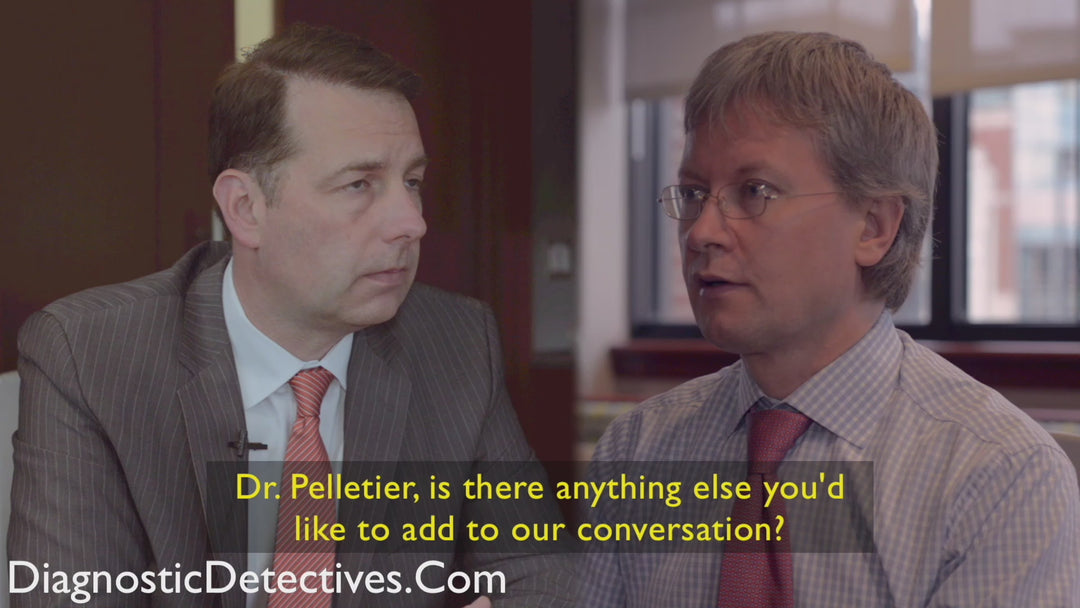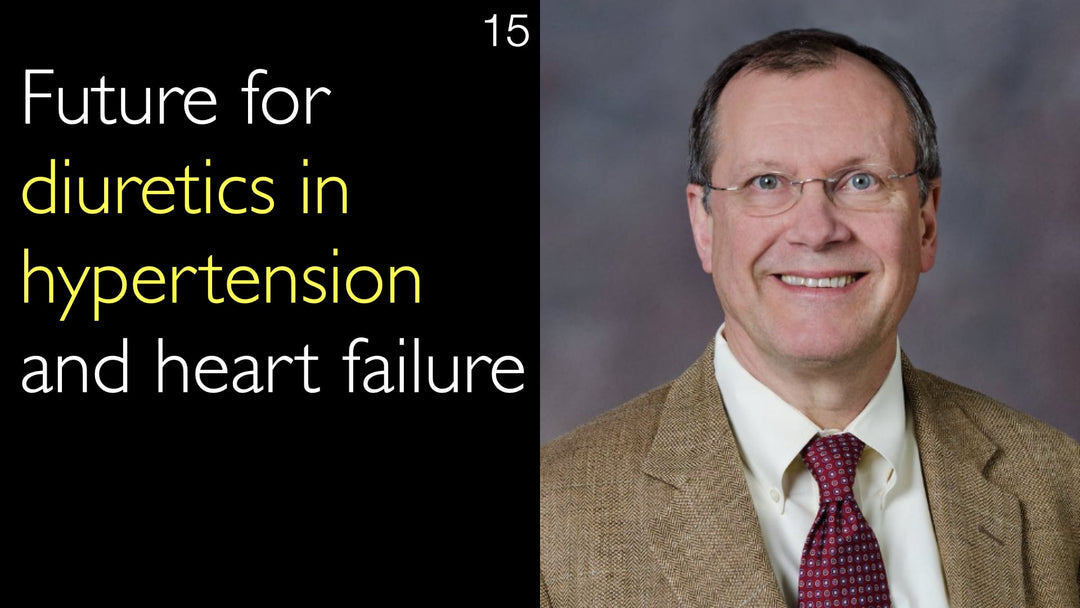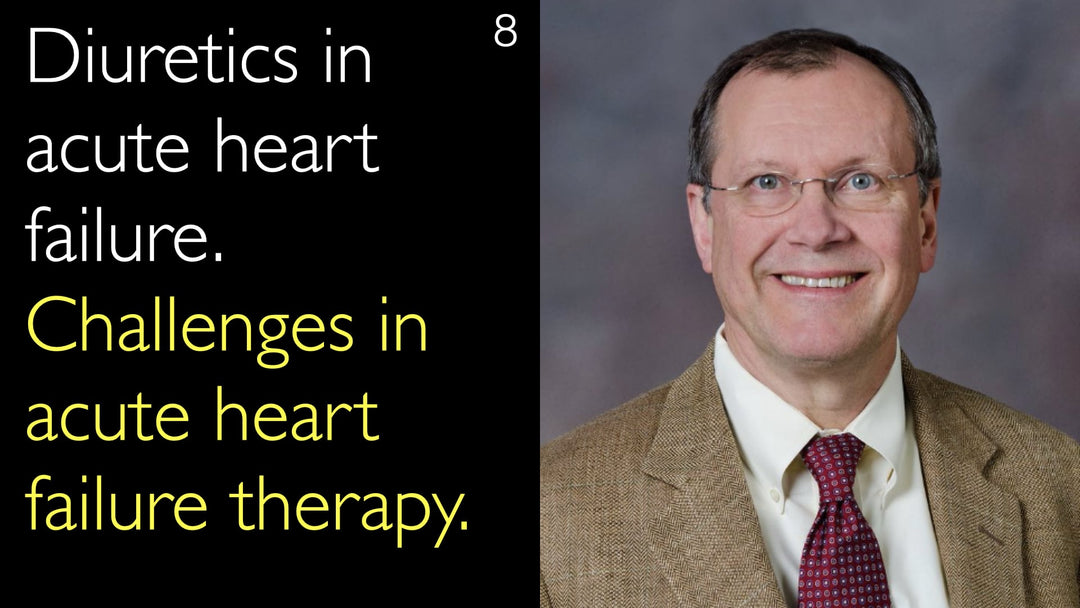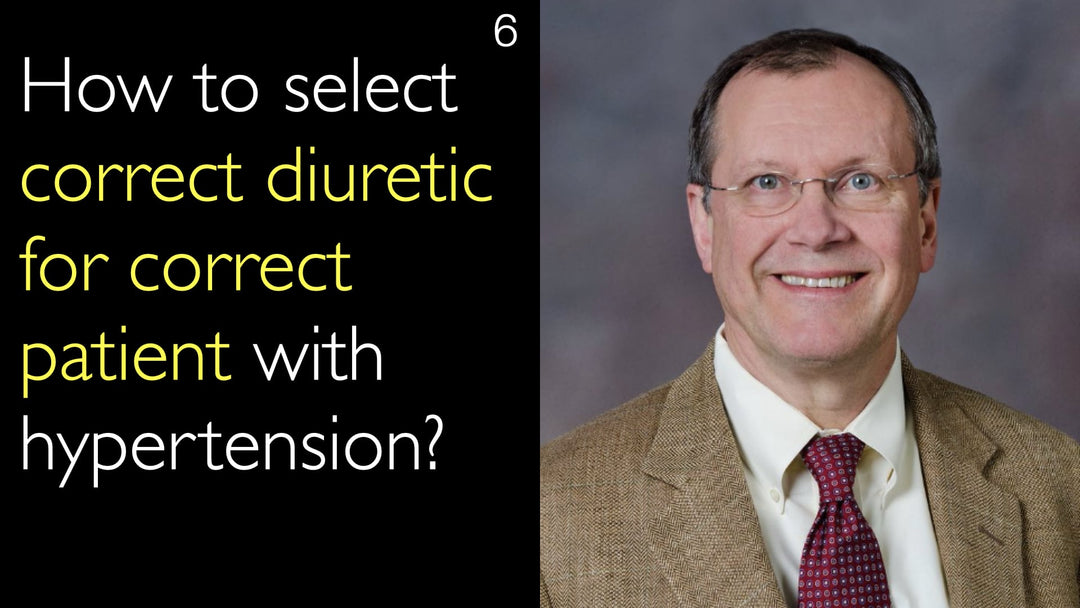Leading expert in robotic heart surgery and cardiac innovation, Dr. Marc Pelletier, MD, explains how to manage patient expectations for new technologies. He details the benefits and limitations of robotic cardiac surgery and TAVR procedures. Dr. Marc Pelletier, MD, discusses why most patients are not candidates for robotic operations. He highlights exciting future trends in mitral valve treatment and less invasive cardiac surgery.
Robotic Cardiac Surgery: Patient Selection and Realistic Expectations
Jump To Section
- Managing Patient Expectations for New Cardiac Technology
- Robotic Surgery Candidates: Who Qualifies and Who Doesn't
- TAVI Revolution in Aortic Valve Replacement
- Future of Mitral Valve Repair and Replacement
- Cardiac Surgery Trends: Less Invasive, Faster Recovery
- Full Transcript
Managing Patient Expectations for New Cardiac Technology
Dr. Marc Pelletier, MD, emphasizes the critical role physicians play in guiding patients through complex cardiac treatment decisions. He notes that technological advances can create misconceptions among patients who assume new options automatically apply to them. Dr. Marc Pelletier, MD, explains that setting realistic expectations is essential during stressful medical situations. The cardiac surgeon must balance technological possibilities with individual patient needs and safety considerations.
Robotic Surgery Candidates: Who Qualifies and Who Doesn't
Robotic heart surgery represents a significant advancement in cardiac care, but patient selection remains crucial. Dr. Marc Pelletier, MD, reveals that most patients asking for robotic surgery are not good candidates for the procedure. Specific medical reasons often preclude patients from safely undergoing robotic cardiac operations. The technology interface requires careful physician assessment to determine appropriate treatment pathways. Dr. Anton Titov, MD explores these patient selection challenges in his discussion with Dr. Pelletier.
TAVI Revolution in Aortic Valve Replacement
Transcatheter Aortic Valve Implantation (TAVI) has transformed cardiac surgery practice patterns dramatically. Dr. Marc Pelletier, MD, notes that this procedure didn't exist fifteen years ago but now accounts for over half of all aortic valve replacements in the United States. This shift demonstrates how technology can rapidly change treatment standards for heart valve disease. TAVI offers less invasive options for patients who previously had limited surgical alternatives. The success of TAVI provides a model for future cardiac technology adoption.
Future of Mitral Valve Repair and Replacement
Mitral valve disease represents an even more common cardiac problem than aortic valve conditions, driving significant innovation. Dr. Marc Pelletier, MD, reports that 20-30 companies are investing billions in developing new mitral valve technologies. These advancements aim to provide less invasive treatment options for mitral valve insufficiency and stenosis. The coming breakthroughs in mitral valve treatment could mirror the TAVI revolution in impact and patient benefit. Dr. Anton Titov, MD discusses these promising developments with the cardiac surgery expert.
Cardiac Surgery Trends: Less Invasive, Faster Recovery
The future direction of cardiac surgery clearly points toward minimally invasive approaches with improved patient comfort. Dr. Marc Pelletier, MD, describes upcoming technologies that will enable less painful operations and quicker recovery times. These advancements maintain equal safety and effectiveness compared to traditional open-heart surgery while improving patient experience. Dr. Pelletier expresses enthusiasm for participating in this technological revolution that benefits cardiac patients worldwide. Dr. Anton Titov, MD explores these exciting trends with the leading cardiac surgeon.
Full Transcript
Dr. Anton Titov, MD: Can you do my surgery robotically? How do we manage patients’ expectations? New treatments bring new expectations. Robotic heart surgery, stem cell therapies, and minimally invasive operations are not always best for everyone. Leading heart surgeon and educator explains. Dr. Marc Pelletier, is there anything else you’d like to add to our conversation? You are at the forefront of cardiac surgery. You are training cardiac surgery residents. You are a very motivated and highly driven person and professional.
Dr. Marc Pelletier, MD: Maybe one of the things is this. You made a very astute comment when we started talking about technology. It’s something I’ve been thinking about since you said it. You are absolutely correct that we are a technology-driven world now. The advances of technology are great. What we’re able to do in heart surgery is remarkable.
Sometimes patients think that because the technology is there, automatically they’re going to be a candidate for that technology. The challenge for us is sometimes trying to assess those patients correctly.
Dr. Anton Titov, MD: We have to establish some realistic expectations in patients. One example would be this. Patients come in and they say, “Can you do my surgery robotically?”
Dr. Marc Pelletier, MD: Sometimes the answer is “Yes.” But the majority of the time the answer is “No, and you’re not a good candidate for robotic surgery—because of these reasons and those reasons.” The interface of technology and a physician is so important.
Our job as physicians is to help guide a patient through a really stressful time in their lives. Sometimes technology will play a role in that. Sometimes technology will play a lesser role. We have to acknowledge that not all patients are good candidates for a robotic heart surgery.
Dr. Anton Titov, MD: But the technology in cardiac surgery is absolutely remarkable.
Dr. Marc Pelletier, MD: New heart treatment technology is coming from some companies. This cardiac surgery technology helps us as physicians to do what we are trying to do. We talked about TAVR/TAVI. It did not exist at all 15 years ago. Now in the United States, over half of all aortic valve replacements are going to be done with TAVI. That is remarkable.
It is possible that the same technology breakthrough is going to happen with the mitral valve treatment. Mitral valve insufficiency or mitral valve stenosis is even a bigger problem than the aortic valve. There are 20 to 30 companies now investing billions of dollars into coming up with new mitral valves. They work on new devices to change the mitral valve.
Dr. Anton Titov, MD: Where we are going in surgery is very clear. There will be less invasive surgery. There will be less pain for patients. There will be more comfort for the patient.
Dr. Marc Pelletier, MD: There will be a quicker recovery after cardiac surgery. The technology will allow us to do all that. It will be equally as safe, as effective, and as durable as open-heart surgery. That will be a really big benefit to our patients with heart problems.
I am thrilled to be part of the technological revolution in cardiac surgery. It is an exciting time to be part of cardiac surgery.
Dr. Anton Titov, MD: Hopefully we will see more advances like that in the future. Dr. Pelletier, thank you very much for this conversation! It will be very interesting to patients around the world. We hope to come back to you with more questions in the future.
Dr. Marc Pelletier, MD: Thank you, Anton. Thank you very much!








